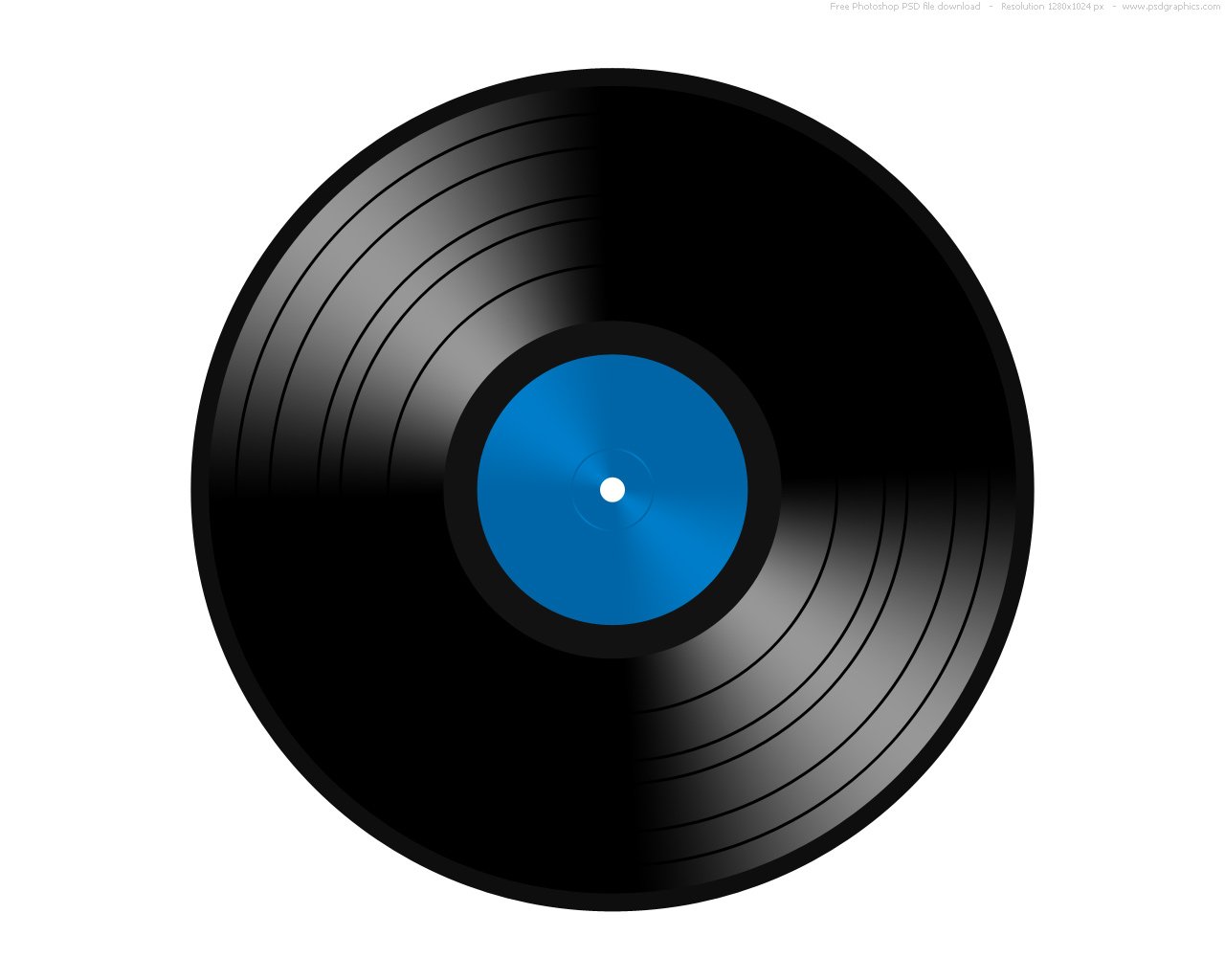If you’re an artist or in a band, chances are you’ve got a record out. Maybe you put it out yourself, maybe you’re signed to a small indie label, or maybe you landed a major deal with a nice advance from one of the bigger guys. The bottom line is you have a record.

But what exactly does that entail, and what does your label have to do with music licensing?
One of the basic elements of how music licensing works is the copyright for the sound recording. Just like the song you wrote, the actual sound recording has copyright protection as well. Typically sound recordings have only one owner.
A sound recording is often owned by the funders of the album.
That could be a record label, your band, a single member of your band, and less commonly a music publisher or company that had you create a work-for-hire…or your Aunt Mildred.
Ownership comes with responsibilities (ask Spiderman) and while a record label’s aims are more than just licensing your music on television or getting music in a commercial, it’s a valuable revenue stream and that’s what we’ll focus on here.
Here are some ways that your label (or you) can go about getting that recording licensed:
- Direct Outreach – Market directly to music supervisors on TV shows, ad agency music producers, and other relevant contacts
- Indirect Outreach – Create PR around your music by revealing a story through video, press release, or other media hoping the buzz brings you to the forefront of new music
- Public Performance – Whether it be a tour around a region or playing at a branded event or for an ad agency’s happy hour, this can be an excellent venue to get your music heard and your charisma felt
Should your song achieve some traction and a license be requested, the label (or owner of the sound recording) will then be responsible for licensing the sound recording for use. They should be able to negotiate some standard terms and collect a ‘music synchronization fee’ (or ‘sync fee’) for the use of the sound recording.
If you own your masters or perhaps your band owns them collectively, you can get your music licensed with your own efforts. You can also seek representation by labels, publishers, and synchronization representatives in exclusive and non-exclusive agreements.
Do you have any experience with a record label and licensing your music? Leave a comment and let us know about it!
If you want to learn how to start building relationships with record labels for music placements, subscribe to my newsletter.
Is it a good idea to have a few different publishers or just the one?
Hi Peter,
Well it depends – if you sign a traditional music publishing agreement it’ll be exclusive. That means you aren’t legally allowed o have another publisher.
You could sign multiple non-exclusive agreements, but there are drawbacks.
I’ve written blog articles about both! Search “exclusive agreements” to find them!